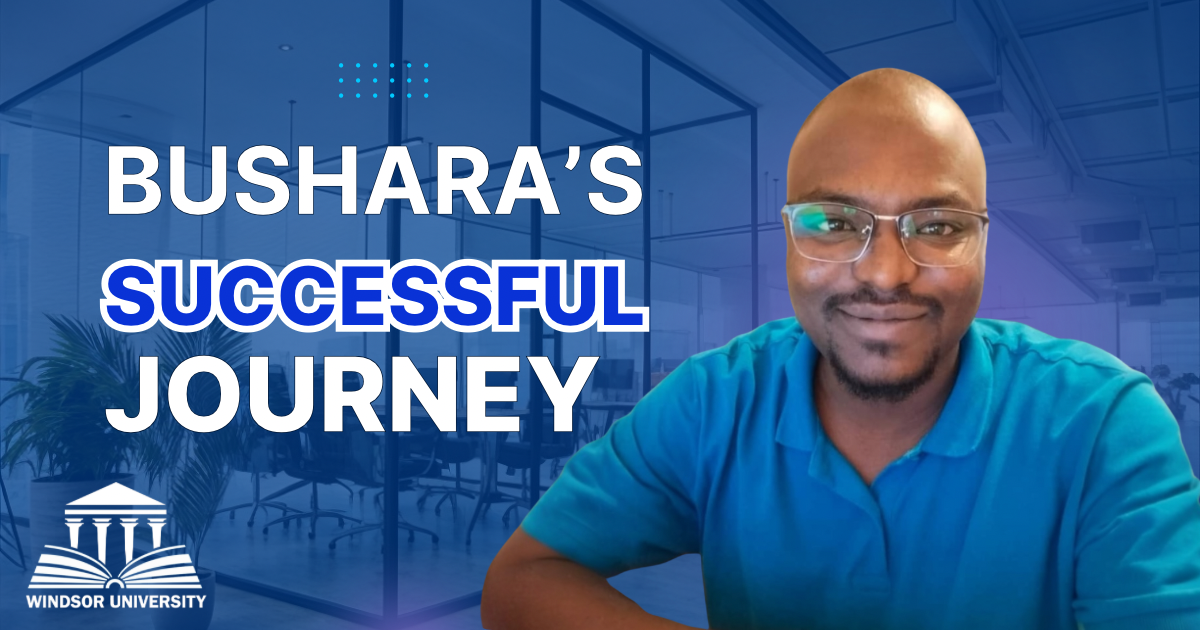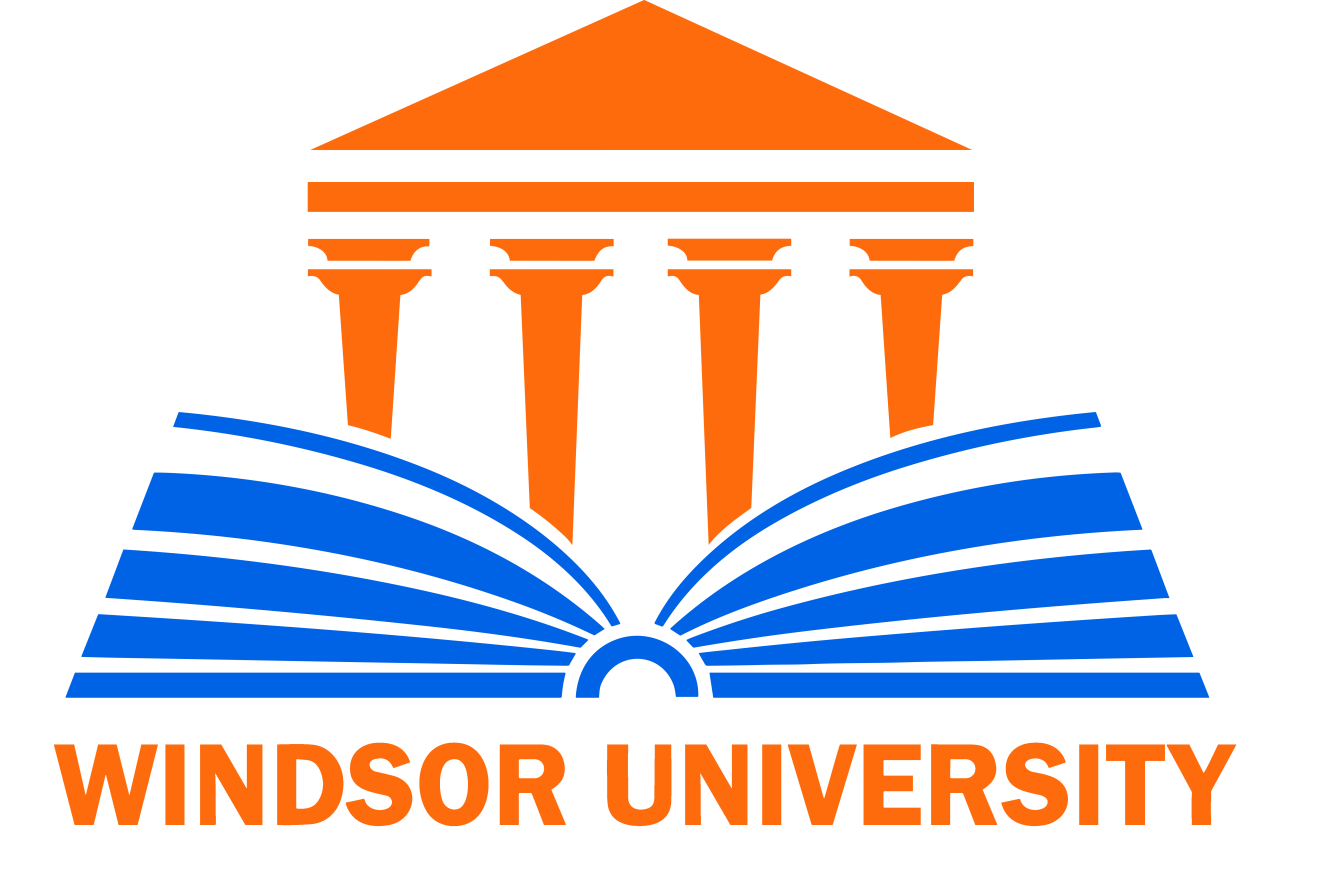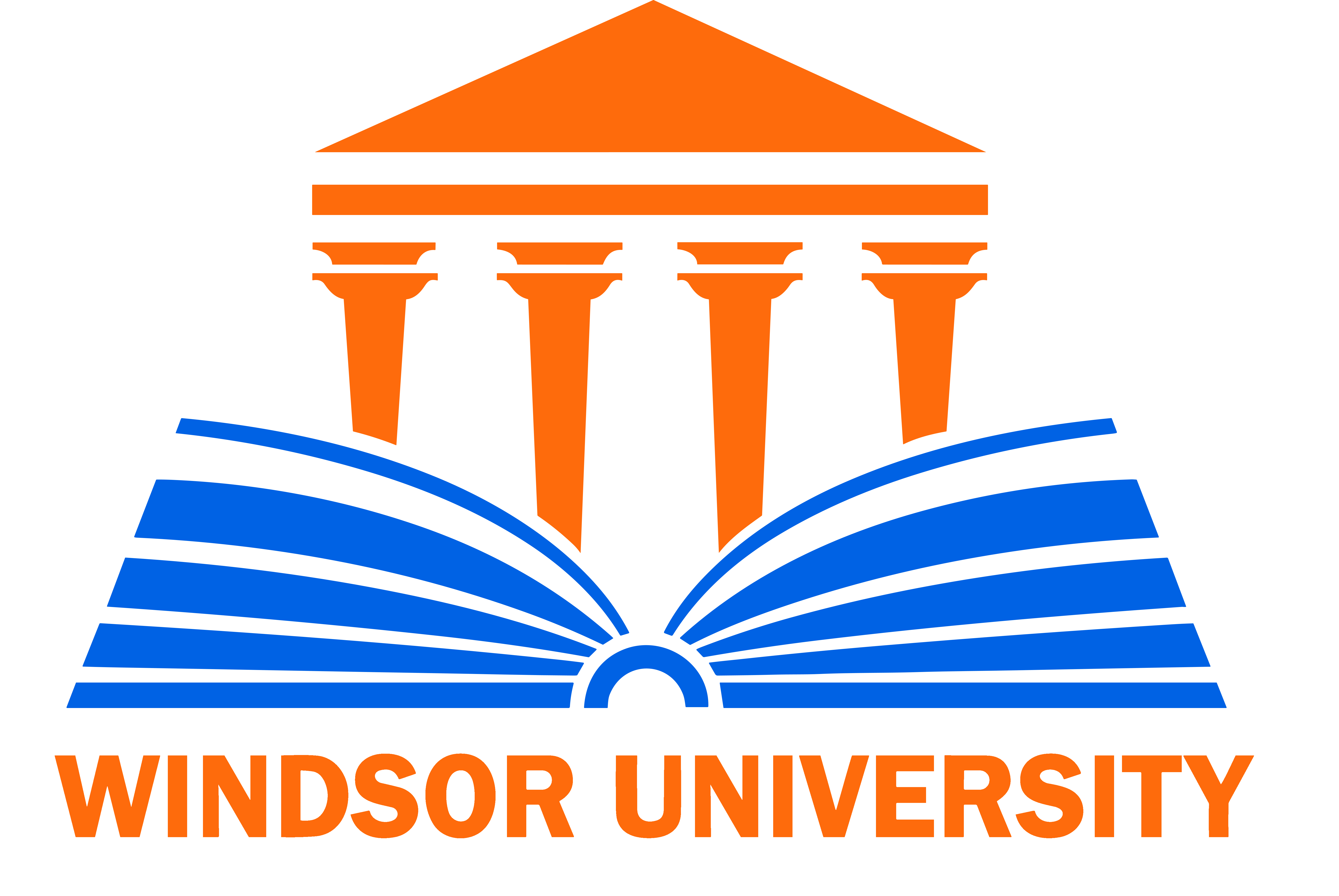![]()

1. Can you start by introducing yourself? (Your name, where you’re from, and your background.)
My name is Ahmed Bushara Yagoub, and my story begins in Sudan, a land of relentless sun, golden sands, and unimaginable resilience. I grew up witnessing both the beauty of my culture and the brutality of conflict. From a young age, I understood what it meant to see communities fracture and rebuild, again and again. This shaped my path into humanitarian work. Before joining Alight Sudan (formerly the American Refugee Committee), I worked with local NGOs, often as a volunteer, distributing food, setting up emergency shelters, and listening to the stories of those displaced by violence. My background isn’t one of polished boardrooms; it’s one of dust-covered boots, long nights in refugee camps, and the quiet determination to make systems work for people who have lost everything.
2. What do you currently do professionally? (Your job title, field, or industry.)
Every day in Sudan, the line between chaos and order is razor-thin. As a supply chain officer and acting logistics manager for Alight Sudan, I don’t just move goods; I navigate a fragile ecosystem where delays mean hunger, where a broken cold chain can cost lives, and where the right delivery at the right time can mean the difference between despair and hope.
My work begins where most supply chains end: in the last mile, where roads dissolve into rubble, where checkpoints turn into choke points, and where the real test of a logistics system isn’t efficiency, it’s resilience. One morning, I might be negotiating with armed groups to secure passage for a convoy of food aid. By afternoon, I’m re-routing trucks through backroads after an unexpected flare-up of violence. By night, I’m crunching data, figuring out how to stretch a dwindling budget to cover another 10,000 displaced families.
This isn’t theoretical supply chain management. There are no tidy warehouses with perfect inventory systems here. Instead, I’ve learned to build networks on the fly, training local vendors to become last-minute suppliers, turning community leaders into distribution partners, and sometimes even bartering fuel for safe passage. The KPIs here aren’t just about cost savings or delivery times; they’re about how many mothers can stop worrying where their next meal will come from, how many children sleep under a tarp instead of open sky.
The chaos never stops. But neither do we. Because in this field, supply chain isn’t just about goods, it’s about dignity. And that’s a delivery worth fighting for.
3. Why did you choose to pursue an MBA at Windsor University?
I didn’t just wake up one day and decide to get an MBA. The decision came from years of frustration. Frustration watching well-funded projects collapse because of poor management. Frustration seeing talented local staff sidelined because they lacked formal credentials. Frustration knowing I could do more if only I had the right tools.
Windsor’s program stood out because it wasn’t just about profit margins; it emphasized social impact leadership. I needed to learn how to merge the heart of humanitarian work with the mind of a strategist, how to turn compassion into scalable systems. The flexibility was critical; I couldn’t pause a war to attend lectures. But what truly convinced me was the focus on real-world application. I didn’t want theory; I wanted frameworks I could test in the field the very next day.
4. How did you experience the live sessions and interactions with instructors?
Imagine trying to focus on a lecture about supply chain logistics while your phone buzzes with alerts about a fresh wave of displacements. That was my reality. Yet, the live sessions became a sanctuary. The instructors didn’t just tolerate my chaotic schedule; they adapted to it. When I couldn’t attend, they sent recordings with PowerPoint notes highlighting links to my work.
One pivotal moment: During a session on supply chain resilience, I shared how our team had to prioritize aid during a siege with dwindling supplies. The professor didn’t just nod; she turned my anecdote into a case study for the class, dissecting the ethical and operational layers. That level of engagement made me feel seen, not just as a student, but as a practitioner fighting similar battles.
5. Was the program structure flexible enough to fit into your life?
Flexibility wasn’t a perk; it was a lifesaver. There were months when I logged into courses from my phone in a dimly lit storage tent, weeks when assignments were submitted hours before deadlines because I’d been evacuating staff from danger zones. The program’s asynchronous options and modular design respected that my “classroom” was often a conflict zone.
But flexibility didn’t mean compromise. The rigor forced me to grow. Late-night studies after hours workdays were brutal, but they taught me discipline I now apply to managing teams under pressure.
6. What part of the program impacted you the most, personally or professionally?
The supply chain and logistics course rewired my brain. Before, I led reactively, putting out fires. Now, I build firebreaks. One module on “decision-making under scarcity” transformed how I allocate resources in emergencies. Another was that project management helped me broker a landmark agreement between hostile factions to allow aid convoys through.
Personally, the program exposed my own leadership blind spots. I used to equate strength with solitary control. Peer feedback showed me that true leadership is about empowering others, even especially when the stakes are high.
7. What changes have you seen in yourself since joining the program?
I walk differently into rooms now. Before, I’d hesitate to speak at donor meetings, doubting my expertise. Today, I cite data and strategy with confidence. My team notices it too. I delegate more, listen deeper, and challenge broken systems instead of just working around them.
The biggest change? I’ve moved from “doing good” to “designing good.” Instead of just feeding 100 families today, I ask how we can ensure 10,000 families eat next year and who needs to be at the table to make that happen.
8. How do you think this MBA will support your future goals or plans?
Sudan’s humanitarian crisis won’t end with food parcels. It requires policy shifts, institutional reforms, and leaders who bridge grassroots wisdom with global best practices. This MBA gave me the toolkit to operate at that level.
Next steps? I’m partnering with Sudanese diaspora experts to draft a national framework for community-led disaster response. Long-term, I aim to influence regional policy, whether from within NGOs, government, or by founding my own organization. The degree isn’t just a credential; it’s proof that I can navigate the systems that shape millions of lives.
9. Would you recommend this program to your friends, family, or colleagues?
Without hesitation, but with a caveat. This isn’t for those who want easy answers. It’s for fighters who’ve hit ceilings in their impact and are ready to break through.
10. Do you have any suggestions on how we could improve the program for future students?
Two game-changers:
- Contextualize for crisis zones. More case studies from Africa, the Middle East, and other regions where instability is the norm, not the exception.
- 2. Build a practitioner’s network. Connect students with alumni in similar fields for real-time problem-solving, like a hotline for when we’re stuck in the field.
Final Reflection
This program didn’t just teach me management; it taught me how to hold hope accountable. For anyone willing to wrestle with complexity while keeping their humanity intact, Windsor’s MBA is more than a degree; it’s armor for the long fight.
Ahmed Bushara Yagoub
A humanitarian who no longer just carries buckets, but helps redesign the well.

1. Can you start by introducing yourself? (Your name, where you’re from, and your background.)
My name is Ahmed Bushara Yagoub, and my story begins in Sudan, a land of relentless sun, golden sands, and unimaginable resilience. I grew up witnessing both the beauty of my culture and the brutality of conflict. From a young age, I understood what it meant to see communities fracture and rebuild, again and again. This shaped my path into humanitarian work. Before joining Alight Sudan (formerly the American Refugee Committee), I worked with local NGOs, often as a volunteer, distributing food, setting up emergency shelters, and listening to the stories of those displaced by violence. My background isn’t one of polished boardrooms; it’s one of dust-covered boots, long nights in refugee camps, and the quiet determination to make systems work for people who have lost everything.
2. What do you currently do professionally? (Your job title, field, or industry.)
Every day in Sudan, the line between chaos and order is razor-thin. As a supply chain officer and acting logistics manager for Alight Sudan, I don’t just move goods; I navigate a fragile ecosystem where delays mean hunger, where a broken cold chain can cost lives, and where the right delivery at the right time can mean the difference between despair and hope.
My work begins where most supply chains end: in the last mile, where roads dissolve into rubble, where checkpoints turn into choke points, and where the real test of a logistics system isn’t efficiency, it’s resilience. One morning, I might be negotiating with armed groups to secure passage for a convoy of food aid. By afternoon, I’m re-routing trucks through backroads after an unexpected flare-up of violence. By night, I’m crunching data, figuring out how to stretch a dwindling budget to cover another 10,000 displaced families.
This isn’t theoretical supply chain management. There are no tidy warehouses with perfect inventory systems here. Instead, I’ve learned to build networks on the fly, training local vendors to become last-minute suppliers, turning community leaders into distribution partners, and sometimes even bartering fuel for safe passage. The KPIs here aren’t just about cost savings or delivery times; they’re about how many mothers can stop worrying where their next meal will come from, how many children sleep under a tarp instead of open sky.
The chaos never stops. But neither do we. Because in this field, supply chain isn’t just about goods, it’s about dignity. And that’s a delivery worth fighting for.
3. Why did you choose to pursue an MBA at Windsor University?
I didn’t just wake up one day and decide to get an MBA. The decision came from years of frustration. Frustration watching well-funded projects collapse because of poor management. Frustration seeing talented local staff sidelined because they lacked formal credentials. Frustration knowing I could do more if only I had the right tools.
Windsor’s program stood out because it wasn’t just about profit margins; it emphasized social impact leadership. I needed to learn how to merge the heart of humanitarian work with the mind of a strategist, how to turn compassion into scalable systems. The flexibility was critical; I couldn’t pause a war to attend lectures. But what truly convinced me was the focus on real-world application. I didn’t want theory; I wanted frameworks I could test in the field the very next day.
4. How did you experience the live sessions and interactions with instructors?
Imagine trying to focus on a lecture about supply chain logistics while your phone buzzes with alerts about a fresh wave of displacements. That was my reality. Yet, the live sessions became a sanctuary. The instructors didn’t just tolerate my chaotic schedule; they adapted to it. When I couldn’t attend, they sent recordings with PowerPoint notes highlighting links to my work.
One pivotal moment: During a session on supply chain resilience, I shared how our team had to prioritize aid during a siege with dwindling supplies. The professor didn’t just nod; she turned my anecdote into a case study for the class, dissecting the ethical and operational layers. That level of engagement made me feel seen, not just as a student, but as a practitioner fighting similar battles.
5. Was the program structure flexible enough to fit into your life?
Flexibility wasn’t a perk; it was a lifesaver. There were months when I logged into courses from my phone in a dimly lit storage tent, weeks when assignments were submitted hours before deadlines because I’d been evacuating staff from danger zones. The program’s asynchronous options and modular design respected that my “classroom” was often a conflict zone.
But flexibility didn’t mean compromise. The rigor forced me to grow. Late-night studies after hours workdays were brutal, but they taught me discipline I now apply to managing teams under pressure.
6. What part of the program impacted you the most, personally or professionally?
The supply chain and logistics course rewired my brain. Before, I led reactively, putting out fires. Now, I build firebreaks. One module on “decision-making under scarcity” transformed how I allocate resources in emergencies. Another was that project management helped me broker a landmark agreement between hostile factions to allow aid convoys through.
Personally, the program exposed my own leadership blind spots. I used to equate strength with solitary control. Peer feedback showed me that true leadership is about empowering others, even especially when the stakes are high.
7. What changes have you seen in yourself since joining the program?
I walk differently into rooms now. Before, I’d hesitate to speak at donor meetings, doubting my expertise. Today, I cite data and strategy with confidence. My team notices it too. I delegate more, listen deeper, and challenge broken systems instead of just working around them.
The biggest change? I’ve moved from “doing good” to “designing good.” Instead of just feeding 100 families today, I ask how we can ensure 10,000 families eat next year and who needs to be at the table to make that happen.
8. How do you think this MBA will support your future goals or plans?
Sudan’s humanitarian crisis won’t end with food parcels. It requires policy shifts, institutional reforms, and leaders who bridge grassroots wisdom with global best practices. This MBA gave me the toolkit to operate at that level.
Next steps? I’m partnering with Sudanese diaspora experts to draft a national framework for community-led disaster response. Long-term, I aim to influence regional policy, whether from within NGOs, government, or by founding my own organization. The degree isn’t just a credential; it’s proof that I can navigate the systems that shape millions of lives.
9. Would you recommend this program to your friends, family, or colleagues?
Without hesitation, but with a caveat. This isn’t for those who want easy answers. It’s for fighters who’ve hit ceilings in their impact and are ready to break through.
10. Do you have any suggestions on how we could improve the program for future students?
Two game-changers:
- Contextualize for crisis zones. More case studies from Africa, the Middle East, and other regions where instability is the norm, not the exception.
- 2. Build a practitioner’s network. Connect students with alumni in similar fields for real-time problem-solving, like a hotline for when we’re stuck in the field.
Final Reflection
This program didn’t just teach me management; it taught me how to hold hope accountable. For anyone willing to wrestle with complexity while keeping their humanity intact, Windsor’s MBA is more than a degree; it’s armor for the long fight.
Ahmed Bushara Yagoub
A humanitarian who no longer just carries buckets, but helps redesign the well.

1. Can you start by introducing yourself? (Your name, where you’re from, and your background.)
My name is Ahmed Bushara Yagoub, and my story begins in Sudan, a land of relentless sun, golden sands, and unimaginable resilience. I grew up witnessing both the beauty of my culture and the brutality of conflict. From a young age, I understood what it meant to see communities fracture and rebuild, again and again. This shaped my path into humanitarian work. Before joining Alight Sudan (formerly the American Refugee Committee), I worked with local NGOs, often as a volunteer, distributing food, setting up emergency shelters, and listening to the stories of those displaced by violence. My background isn’t one of polished boardrooms; it’s one of dust-covered boots, long nights in refugee camps, and the quiet determination to make systems work for people who have lost everything.
2. What do you currently do professionally? (Your job title, field, or industry.)
Every day in Sudan, the line between chaos and order is razor-thin. As a supply chain officer and acting logistics manager for Alight Sudan, I don’t just move goods; I navigate a fragile ecosystem where delays mean hunger, where a broken cold chain can cost lives, and where the right delivery at the right time can mean the difference between despair and hope.
My work begins where most supply chains end: in the last mile, where roads dissolve into rubble, where checkpoints turn into choke points, and where the real test of a logistics system isn’t efficiency, it’s resilience. One morning, I might be negotiating with armed groups to secure passage for a convoy of food aid. By afternoon, I’m re-routing trucks through backroads after an unexpected flare-up of violence. By night, I’m crunching data, figuring out how to stretch a dwindling budget to cover another 10,000 displaced families.
This isn’t theoretical supply chain management. There are no tidy warehouses with perfect inventory systems here. Instead, I’ve learned to build networks on the fly, training local vendors to become last-minute suppliers, turning community leaders into distribution partners, and sometimes even bartering fuel for safe passage. The KPIs here aren’t just about cost savings or delivery times; they’re about how many mothers can stop worrying where their next meal will come from, how many children sleep under a tarp instead of open sky.
The chaos never stops. But neither do we. Because in this field, supply chain isn’t just about goods, it’s about dignity. And that’s a delivery worth fighting for.
3. Why did you choose to pursue an MBA at Windsor University?
I didn’t just wake up one day and decide to get an MBA. The decision came from years of frustration. Frustration watching well-funded projects collapse because of poor management. Frustration seeing talented local staff sidelined because they lacked formal credentials. Frustration knowing I could do more if only I had the right tools.
Windsor’s program stood out because it wasn’t just about profit margins; it emphasized social impact leadership. I needed to learn how to merge the heart of humanitarian work with the mind of a strategist, how to turn compassion into scalable systems. The flexibility was critical; I couldn’t pause a war to attend lectures. But what truly convinced me was the focus on real-world application. I didn’t want theory; I wanted frameworks I could test in the field the very next day.
4. How did you experience the live sessions and interactions with instructors?
Imagine trying to focus on a lecture about supply chain logistics while your phone buzzes with alerts about a fresh wave of displacements. That was my reality. Yet, the live sessions became a sanctuary. The instructors didn’t just tolerate my chaotic schedule; they adapted to it. When I couldn’t attend, they sent recordings with PowerPoint notes highlighting links to my work.
One pivotal moment: During a session on supply chain resilience, I shared how our team had to prioritize aid during a siege with dwindling supplies. The professor didn’t just nod; she turned my anecdote into a case study for the class, dissecting the ethical and operational layers. That level of engagement made me feel seen, not just as a student, but as a practitioner fighting similar battles.
5. Was the program structure flexible enough to fit into your life?
Flexibility wasn’t a perk; it was a lifesaver. There were months when I logged into courses from my phone in a dimly lit storage tent, weeks when assignments were submitted hours before deadlines because I’d been evacuating staff from danger zones. The program’s asynchronous options and modular design respected that my “classroom” was often a conflict zone.
But flexibility didn’t mean compromise. The rigor forced me to grow. Late-night studies after hours workdays were brutal, but they taught me discipline I now apply to managing teams under pressure.
6. What part of the program impacted you the most, personally or professionally?
The supply chain and logistics course rewired my brain. Before, I led reactively, putting out fires. Now, I build firebreaks. One module on “decision-making under scarcity” transformed how I allocate resources in emergencies. Another was that project management helped me broker a landmark agreement between hostile factions to allow aid convoys through.
Personally, the program exposed my own leadership blind spots. I used to equate strength with solitary control. Peer feedback showed me that true leadership is about empowering others, even especially when the stakes are high.
7. What changes have you seen in yourself since joining the program?
I walk differently into rooms now. Before, I’d hesitate to speak at donor meetings, doubting my expertise. Today, I cite data and strategy with confidence. My team notices it too. I delegate more, listen deeper, and challenge broken systems instead of just working around them.
The biggest change? I’ve moved from “doing good” to “designing good.” Instead of just feeding 100 families today, I ask how we can ensure 10,000 families eat next year and who needs to be at the table to make that happen.
8. How do you think this MBA will support your future goals or plans?
Sudan’s humanitarian crisis won’t end with food parcels. It requires policy shifts, institutional reforms, and leaders who bridge grassroots wisdom with global best practices. This MBA gave me the toolkit to operate at that level.
Next steps? I’m partnering with Sudanese diaspora experts to draft a national framework for community-led disaster response. Long-term, I aim to influence regional policy, whether from within NGOs, government, or by founding my own organization. The degree isn’t just a credential; it’s proof that I can navigate the systems that shape millions of lives.
9. Would you recommend this program to your friends, family, or colleagues?
Without hesitation, but with a caveat. This isn’t for those who want easy answers. It’s for fighters who’ve hit ceilings in their impact and are ready to break through.
10. Do you have any suggestions on how we could improve the program for future students?
Two game-changers:
- Contextualize for crisis zones. More case studies from Africa, the Middle East, and other regions where instability is the norm, not the exception.
- 2. Build a practitioner’s network. Connect students with alumni in similar fields for real-time problem-solving, like a hotline for when we’re stuck in the field.
Final Reflection
This program didn’t just teach me management; it taught me how to hold hope accountable. For anyone willing to wrestle with complexity while keeping their humanity intact, Windsor’s MBA is more than a degree; it’s armor for the long fight.
Ahmed Bushara Yagoub
A humanitarian who no longer just carries buckets, but helps redesign the well.





